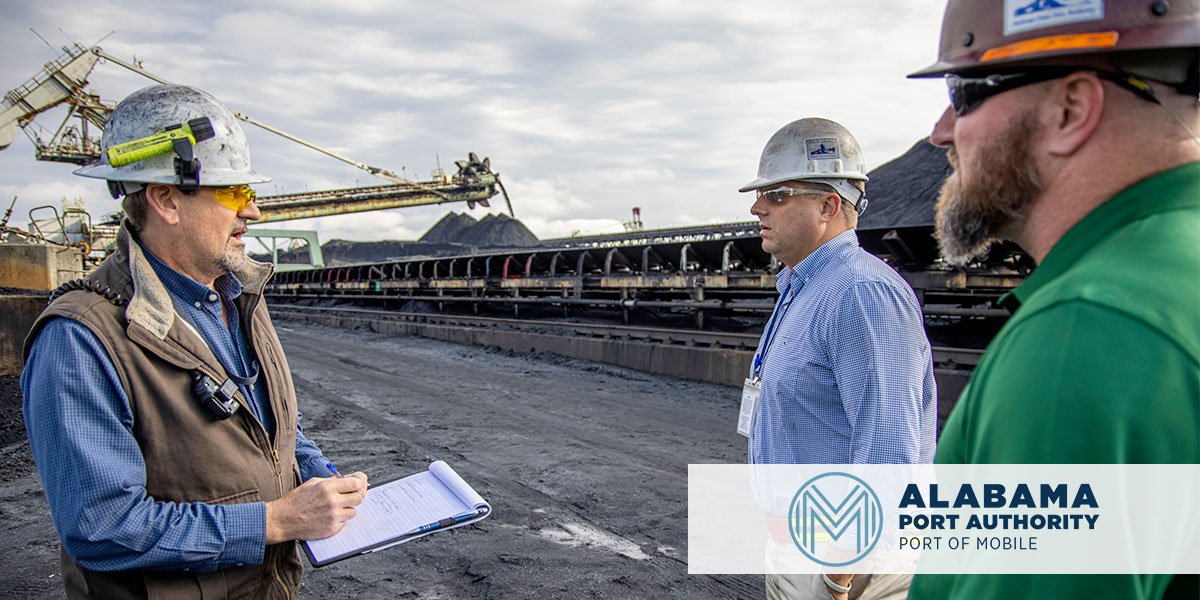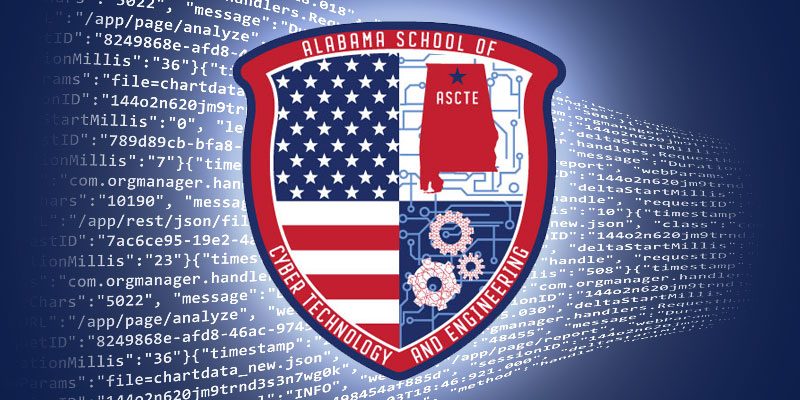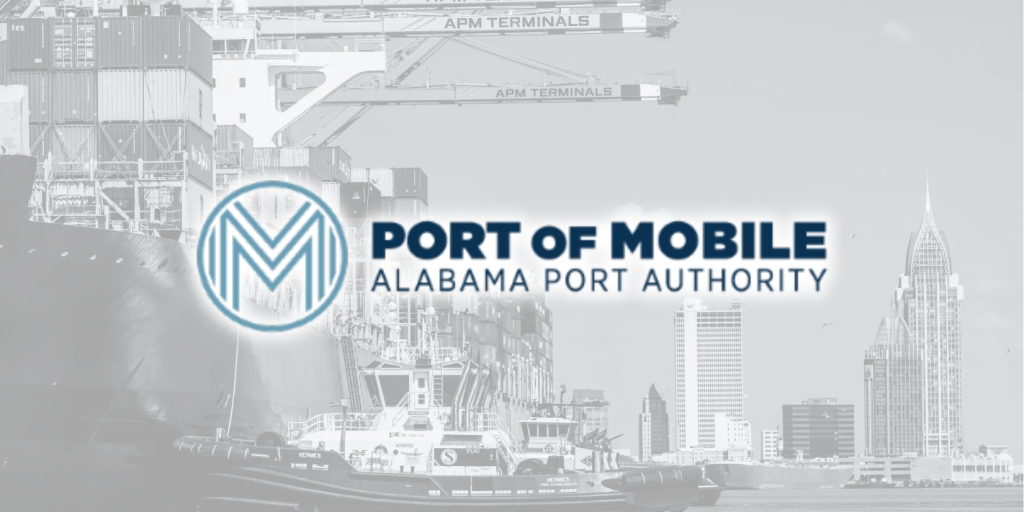It’s no secret that Alabama’s economy is booming, and so is business at your Port.
In 2021 alone, the Port was responsible for $85 billion dollars of economic impact and created nearly one-in-seven jobs statewide. On top of that, our economic activity sent more than $2 billion in tax revenue back to state and local governments.
What you may not know, however, is that our state’s coal industry is a key driver in this success. Alabama’s coal is sought after worldwide, and Alabama’s port is the fastest way to get it there.
Alabama’s coal is special. It is different from thermal coal, which has long been burned for energy. Instead, our coal is metallurgical, or “met” coal, a key component in steel making.
The chemical makeup of Alabama’s met coal is recognized industry-wide as some of the finest met coal in the world. From ships to scalpels, met coal is used to produce high-grade steel. You’ll find Alabama met coal in things like luxury cars, heavy construction equipment, and advanced manufacturing devices.
In fact, if you’re reading this on your phone, you’ve got met coal in your hand. Needless to say, Alabama’s coal is in high demand, and the Port’s coal terminal is shipping it out 24 hours a day, seven days a week.
That nonstop activity – while great for the economy – takes a toll on machinery. Built in the 1970s, the many mechanical components at McDuffie are simply worn out. Some of the parts are so old that our plant managers have to rebuild them from scratch – they’re just not made anymore.
Even with these challenges, McDuffie Coal Terminal was able to handle more than 11 million tons last year. We’re proud of the work we’re doing – and the Alabama workers and businesses who make it happen – but there’s more to be done.
With major coal industry expansions underway in the Birmingham and Tuscaloosa areas, exports are expected to double in the next five years. Alabama’s port needs to be ready.
That’s why Gov. Kay Ivey recommended $25 million in her budget request to support much-needed upgrades at McDuffie. This investment will complement improvements the Port is already making and speed up the modernization of our coal-handling equipment.
With the State’s assistance, McDuffie will reach its full potential of more than 20 million tons exported annually, ensuring the Port offers the efficiency needed to keep up with the growing demand for Alabama coal.
The complete lifecycle of Alabama met coal is as unique as it is impactful. On average, an underground mine worker can earn upwards of $130,000, and overall, Alabama’s coal industry has an annual economic impact of nearly $3 billion.
Met coal comes out of the ground in our state, is exported by McDuffie Coal Terminal in its original form, and comes back through your Port as rolled steel that is ultimately used on the production line for Alabama-made automobiles.
The many businesses and workers who make their living from mining, transporting, loading, and shipping this coal can only be successful if their products can get to market efficiently. They depend on McDuffie Coal Terminal to make that happen every day. But aged infrastructure at McDuffie makes this harder, and every hour spent on repairs is an hour that impacts the productivity of Alabama businesses.
At the Port, our mission is to help Alabama’s economy grow. We’re thankful for the support of legislators, local officials, and our federal delegation in helping us achieve this goal. But we can’t do it alone. Every day is a competition with other states and countries to attract high-caliber businesses.
Allocating this funding to the McDuffie Coal Terminal is a key component to our coal industry’s success, our port’s success, and, ultimately, Alabama’s success.
John C. Driscoll is the Director & CEO of the Alabama Port Authority









